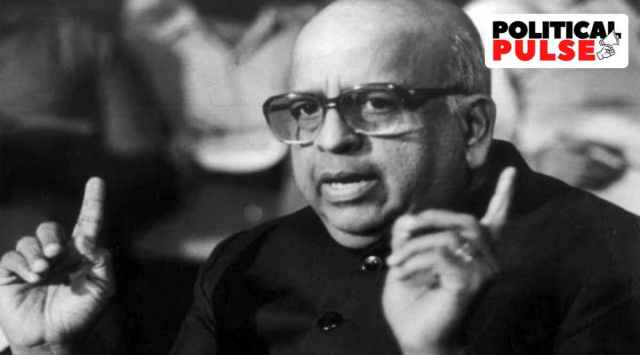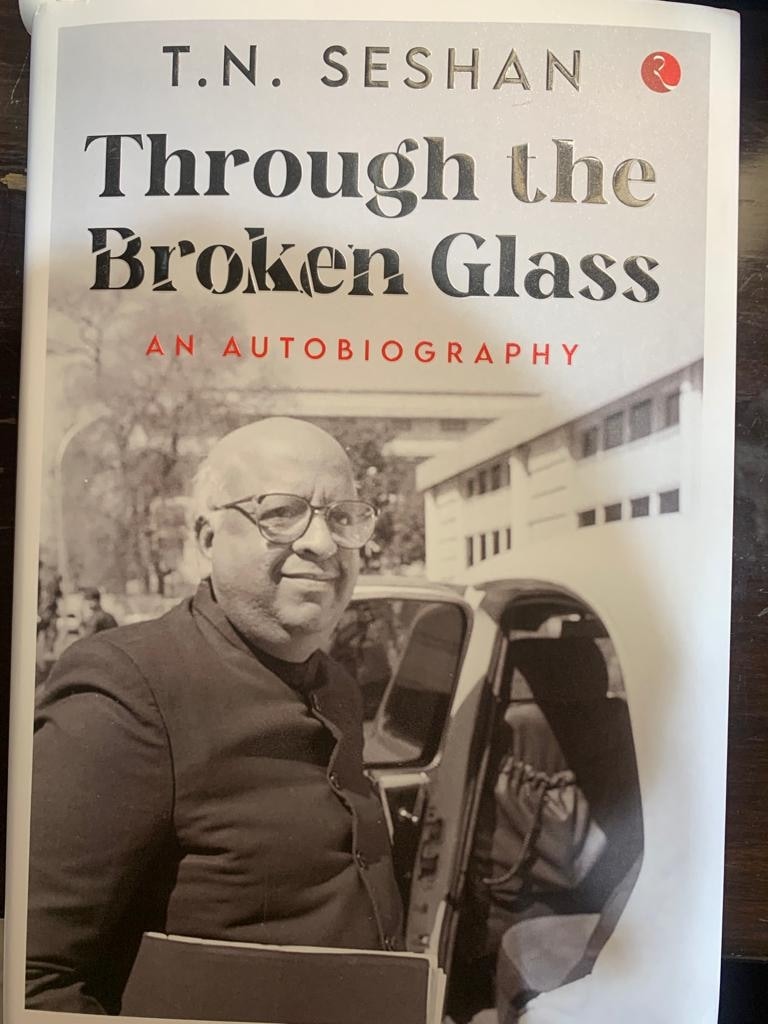Ritika Chopra, an award-winning journalist with over 17 years of experience, serves as the Chief of the National Bureau (Govt) and National Education Editor at The Indian Express in New Delhi. In her current role, she oversees the newspaper's coverage of government policies and education. Ritika closely tracks the Union Government, focusing on the politically sensitive Election Commission of India and the Education Ministry, and has authored investigative stories that have prompted government responses. Ritika joined The Indian Express in 2015. Previously, she was part of the political bureau at The Economic Times, India’s largest financial daily. Her journalism career began in Kolkata, her birthplace, with the Hindustan Times in 2006 as an intern, before moving to Delhi in 2007. Since then, she has been reporting from the capital on politics, education, social sectors, and the Election Commission of India. ... Read More
Rajiv Gandhi refused to include ex-PMs, their family under SPG protection, feared accusation of self-interest: Seshan in memoir
Rajiv Gandhi's decision to reject Seshan's advice had significant implications for him later, as the Congress often blames the withdrawal of his SPG security cover by the VP Singh government as the reason behind his assassination.
 T N Seshan was appointed the Chief Election Commissioner on December 12, 1990 with a tenure till December 11, 1996. (Archive)
T N Seshan was appointed the Chief Election Commissioner on December 12, 1990 with a tenure till December 11, 1996. (Archive) While drafting the Special Protection Group (SPG) Act in 1988-89, T N Seshan had counselled then Prime Minister Rajiv Gandhi to include former PMs and their families as protectees, but the latter had dismissed this “critical piece of advice”, fearing accusations of self-interest, according to the autobiography of the former Chief Election Commissioner.
In his book “Through the Broken Glass”, published posthumously by Rupa, Seshan has written that he had warned Rajiv Gandhi about the potential risks he could face even after leaving office, and cited the example of the United States, where the FBI continues to provide security to former Presidents’ families.*
“Citing this practice, I argued that Rajiv and his immediate family would need protection even after he gave up the job due to election loss or any other reason. But Rajiv did not agree. He thought that people would believe he was doing it out of pure self-interest. He said no for the former PMs; it was enough to include the present one. I tried to convince him but in vain,” wrote Seshan, who was secretary in the Ministry of Environment and Forests and Wildlife and also in-charge of the Prime Minister’s security at the time.
Rajiv Gandhi’s decision to reject Seshan’s advice had significant implications for him later, as the Congress often blames the withdrawal of his SPG security cover by the VP Singh government as the reason behind his assassination.
Seshan also disclosed that as cabinet secretary to the V P Singh government, he had advocated for maintaining Rajiv Gandhi’s security, but the government did not agree. A meeting was called under Seshan’s chairmanship on December 3, 1989, a day after Singh took charge as PM, to discuss “whether or not to continue to five security to Rajiv”. In this meeting, Seshan had argued that security threat to the former PM had “still not diminished”, he wrote.
 T.N. Seshan’s Through the Broken Glass, published posthumously by Rupa Publications.
T.N. Seshan’s Through the Broken Glass, published posthumously by Rupa Publications.
“I indicated that the statutes could easily be amended through presidential assent. But the VP Singh government did not agree to it. As long as I remained cabinet secretary, until the third week of December, no decision was taken in connection with Rajiv’s security. After I was moved out of the cabinet secretary’s post, the SPG security given to Rajiv was withdrawn,” he wrote.
Throughout the book, Seshan makes several references to his “interest” in astrology and reading horoscopes. In fact, he even alludes to having foreseen Rajiv Gandhi’s untimely death.
“As the CEC (Chief Election Commissioner), it did not matter to me whether Rajiv Gandhi won or lost… At the same time, as a friend and a well-wisher, I hoped for things to go well for Rajiv. Due to my interest in horoscopes, it was natural for me to see what the stars foretold about Rajiv. There were valid astrological reasons, apart from a host of other factors to conclude well in advance that Rajiv’s party was poised for victory. Ironically, that was what brought me intimations of fear,” he wrote.
Seshan made a personal visit on May 10,1991, to convey his concern about the risks associated with campaigning “so freely”, but Rajiv Gandhi’s response, dismissing the caution, was, “I won’t die twice.” Seshan made further attempts to persuade Rajiv, including sending a fax on may 17, 1991, relaying a message from the Kanchipuram Shankara Mutt urging caution.
“A fax to this effect was again sent directly to him and that reached his table on 17 May. However, before he could read it, he was killed in the bomb blast in Sriperumbudur late in the evening on 21 May. I was grief-stricken. I did not attend the cremation and spent the entire day at home.” Seshan wrote.
Seshan died on November 10, 2019.
*In Chapter 6 titled ‘National Service at the Central Secretariat’ Seshan writes that he cited the example of the United States, where the FBI continues to provide security to former Presidents’ families, to convince Rajiv Gandhi to include former PMs and their families as protectees under the SPG Act. However, it’s the Secret Service that provides security cover to former Presidents in the US.







- 01
- 02
- 03
- 04
- 05

























